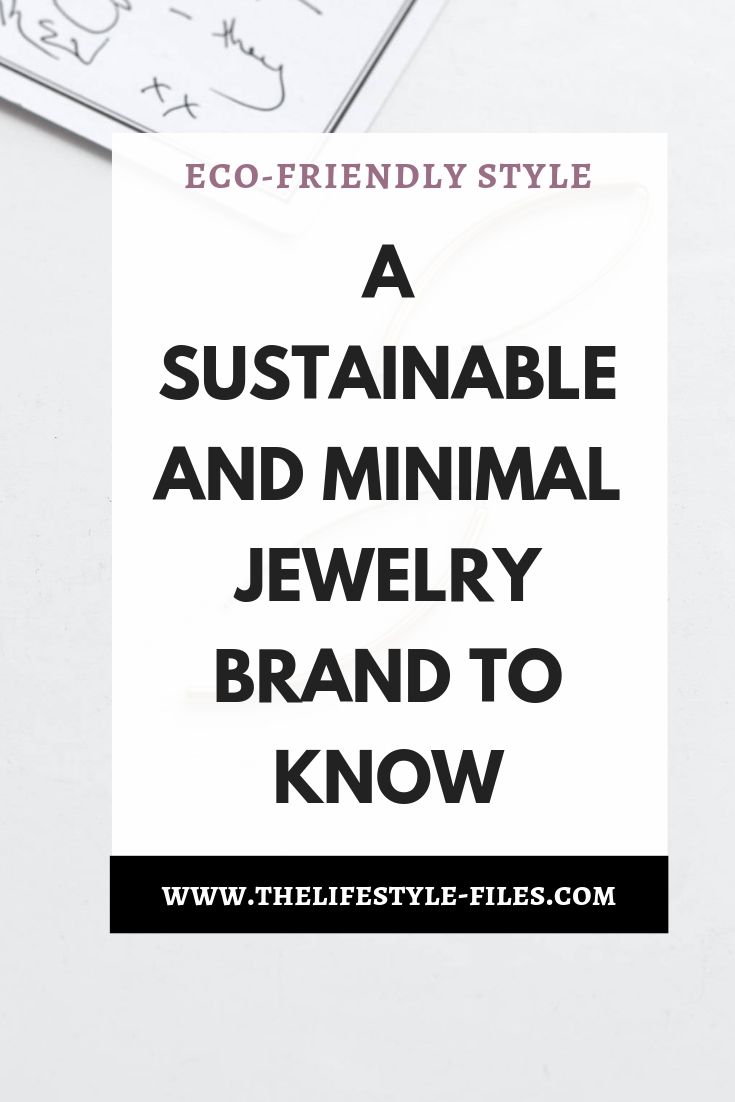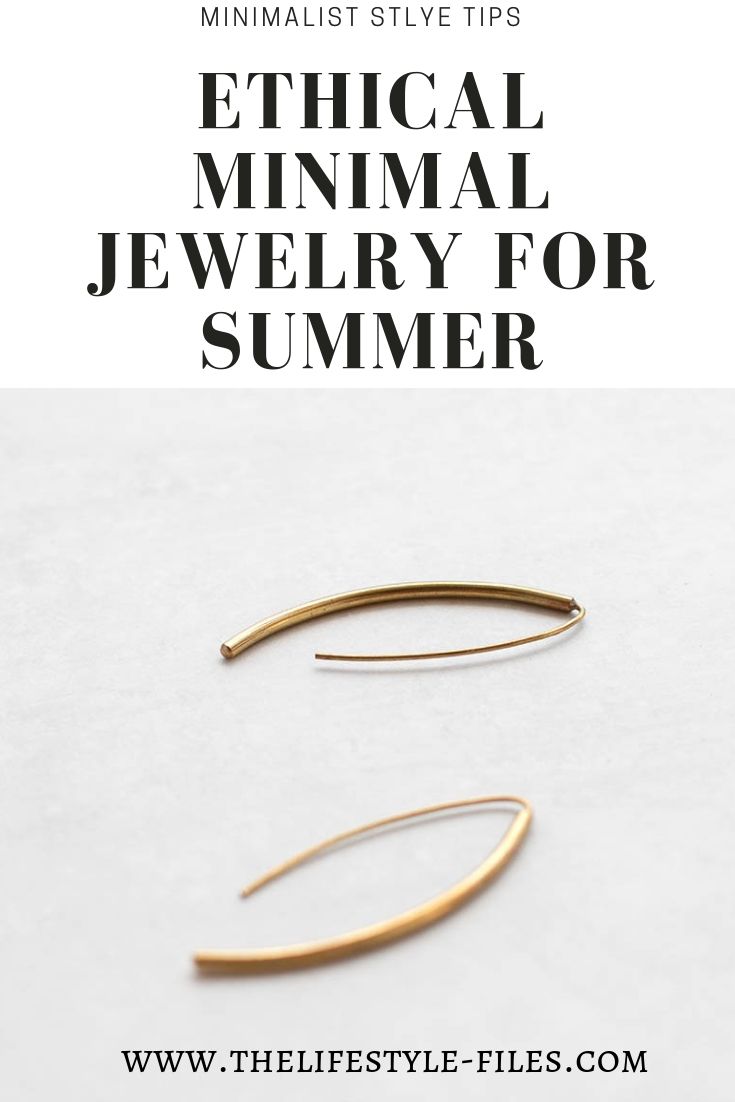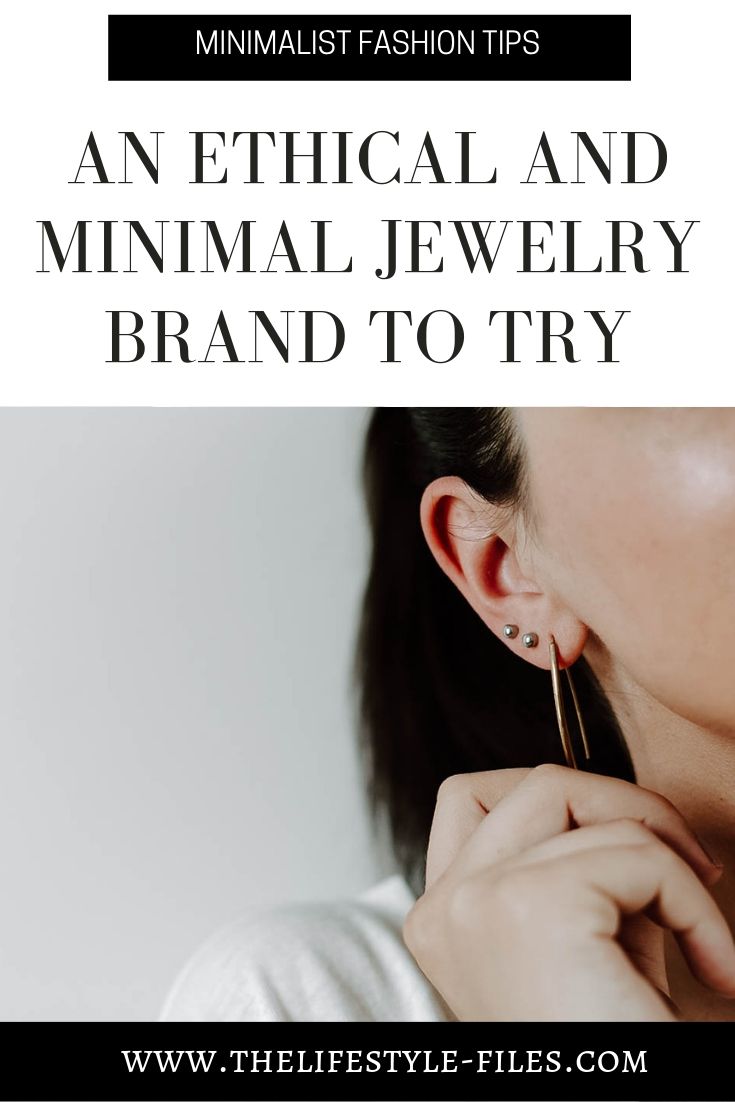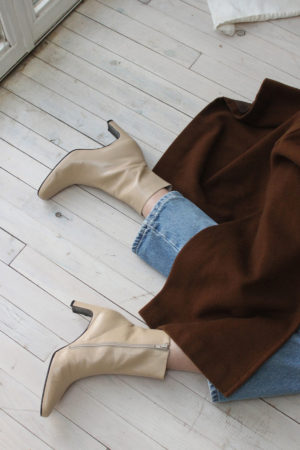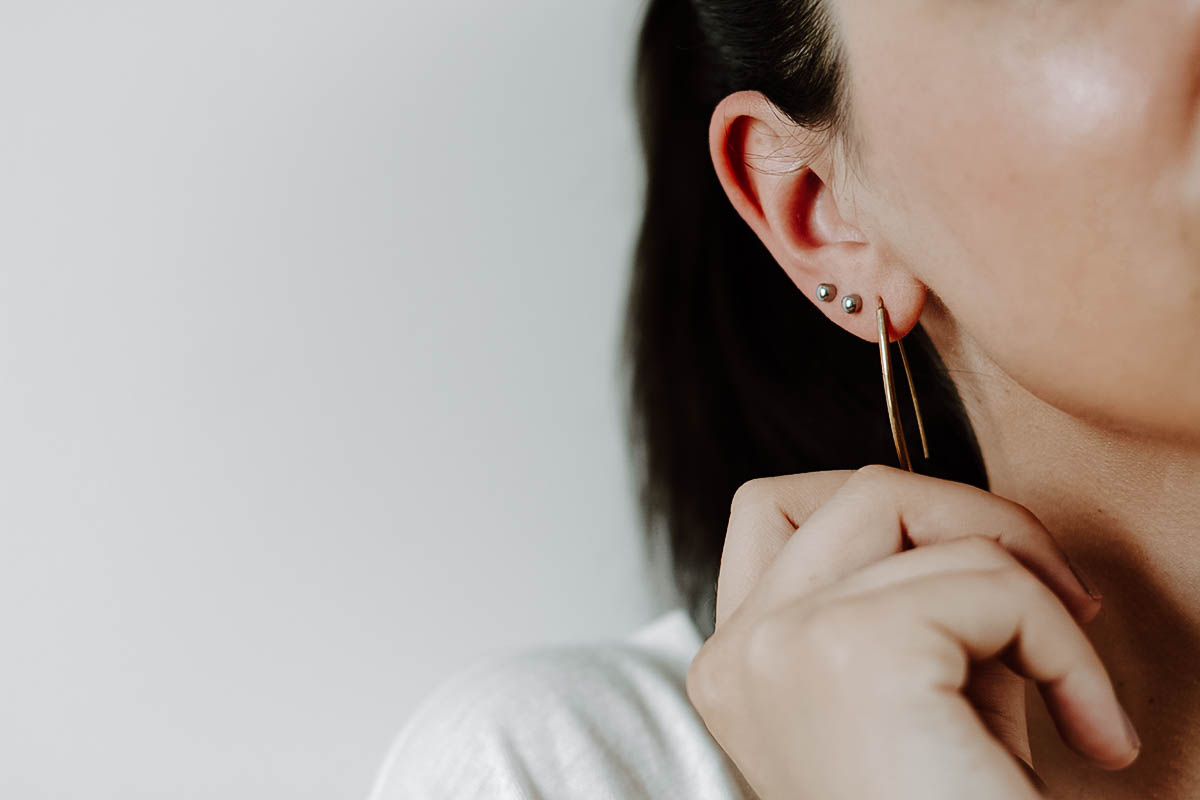 Looking for some beautiful minimal jewelry that also ticks off the ethical fashion box? Meet Soko.
Looking for some beautiful minimal jewelry that also ticks off the ethical fashion box? Meet Soko.
Soko is an innovative business specializing in ethical jewelry. It was founded by three social entrepreneurs, Ella Peinovich, Gwendolyn Floyd and Catherine Mahugu who all come from a tech and design background. They wanted to use this knowledge to disrupt the traditional methods of the fashion market, revolutionize fast fashion, and help artisans in underdeveloped communities make a living.
Soko works with artisans in Kenya and uses locally-sourced and eco-friendly materials (often recycled or upcycled). Their designs are beautiful, modern, and minimal. The brand has been making quite a splash in the ethical fashion sphere in the last few years, even Michelle Obama wore Soko on a photo shoot. But the thing that makes their business really unique is how they use innovation and technology to transform fashion production.
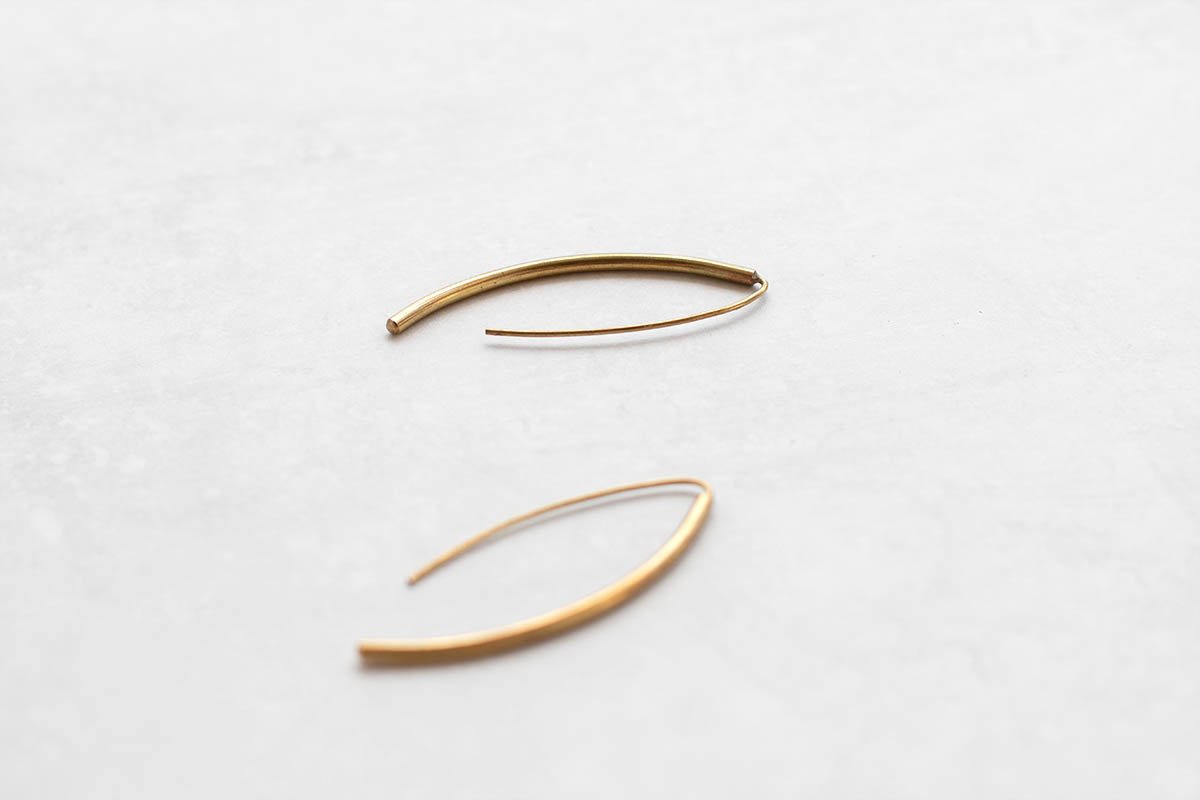
Even in the poorest and most underdeveloped parts of Kenya, access to cellphones is surprisingly widespread. The founders wanted to leverage this existing infrastructure and built a mobile app to connect local artisans and global customers. In 2012, Soko was part of the first group of companies to go through the MIT delta v startup accelerator program.
Their innovation is a ‘virtual factory’: artisans are working from their home, and make jewelry based on real-time customer demand. They get designs, orders, and payments from Soko through the mobile app. This way, the communication is fast, there is no excess inventory (a huge business problem otherwise), and the middlemen (e.g. factory owners) and overhead costs are cut out.
This model is so cost-efficient that artisans are able to make a lot more money – they retain approximately 20% of overall revenue, as compared to the industry standard of only 5–10%. Soko also offers them training and microloans – they are currently working with more than 2,000 artisans across the country.
Ethical fast fashion?!
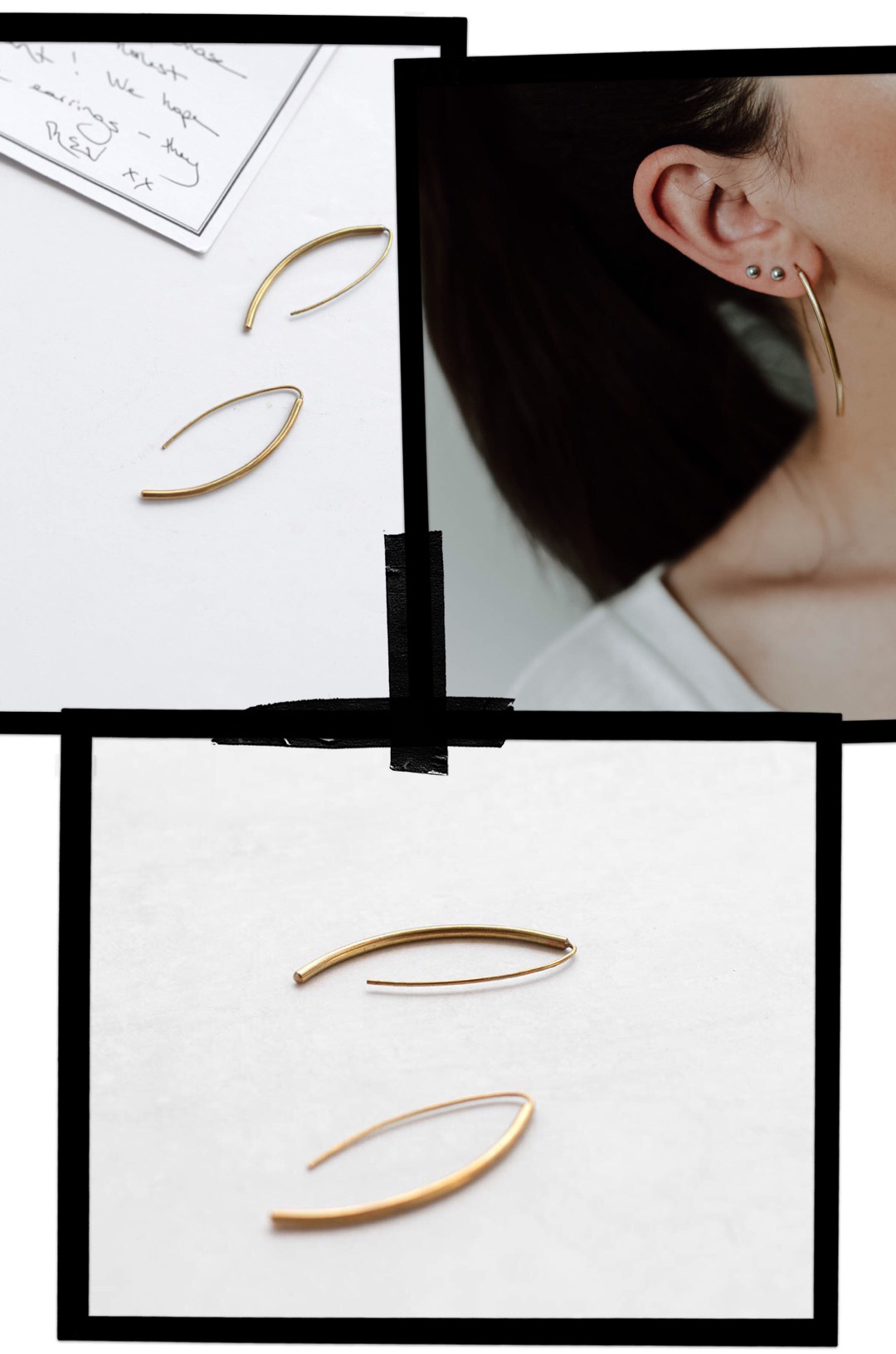 Soko calls itself an ethical fast fashion business, which, in their definition, means chic, trendy pieces at affordable prices. I’ll be honest: at first, I wasn’t particularly fond of this slogan. I mean, how can fast fashion ever be ethical? But the more I read about their reasoning, the more it made sense to me to at least start a discussion about this possibility.
Soko calls itself an ethical fast fashion business, which, in their definition, means chic, trendy pieces at affordable prices. I’ll be honest: at first, I wasn’t particularly fond of this slogan. I mean, how can fast fashion ever be ethical? But the more I read about their reasoning, the more it made sense to me to at least start a discussion about this possibility.
As I see it, there are two main problems with fast fashion. First, we simply do not need this massive amount of stuff. Fast fashion encourages (and thrives on) a buy fast, discard fast mentality. No need to save up for trendy items, you can get them for the price of a coffee. And every week, there are new trends; new it pieces you simply must have in order to be fashionable. This massive production is also a huge environmental problem.
The second large issue is that in order to keep up this fast production, they need to cut costs: this results in the use of cheap materials, low wages, and horrible working conditions.
How can we change this? We can change it on an individual level: buy less, buy better, buy second-hand. But we need to face the facts: individuals cannot change everything by themselves (and also, not everyone will change their buying behavior enough). We need to hold businesses accountable. We need a global answer and we need to change the whole system.
There is an argument that frequently comes up in defense of fast fashion: that it provides jobs to many people in underdeveloped countries. Sure, it’s not much, the reasoning goes, but without it, they couldn’t even make this much money.
This argument is wrong on many levels, but there is also some truth to it. Fashion production is a driver of many economies, just as consumption is. This does not mean that we can take advantage of the vulnerable situation of workers, but it might mean we have to find solutions that take this into account.
The apparel sector has the power to change millions of lives (for example, it is still the largest employer of women workers around the world). Instead of exploitation, we need to find ways to empower people. Transform consumption habits. Challenge inequalities. Stop sacrificing our planet and future for short-term profit.
Show that it is possible for a business to make profits and remain ethical. And Soko’s innovative business operations is a great example of that.

